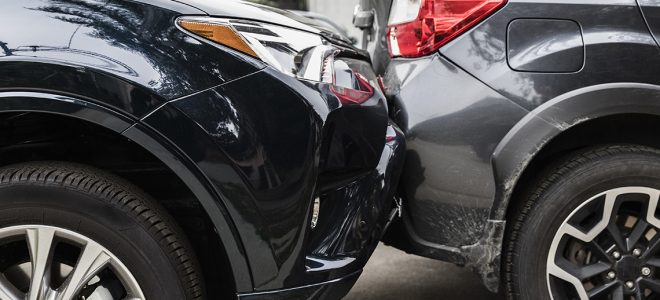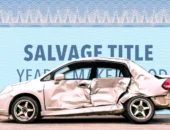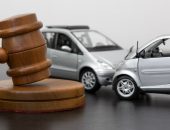Statistics indicate that in the average year, roughly 6.5 million motor vehicles are involved in accidents in the United States. The vast majority of these accidents are fairly minor, resulting in property damage and little else. But with that said, even a minor accident is jarring; regardless of the nature and extent of an accident, it can be a nerve-wracking experience. Thus, it is vital to know the steps individuals need to take at such events to maintain the extent of the event and minimize injuries.
Step 1: Stop and Remain Calm
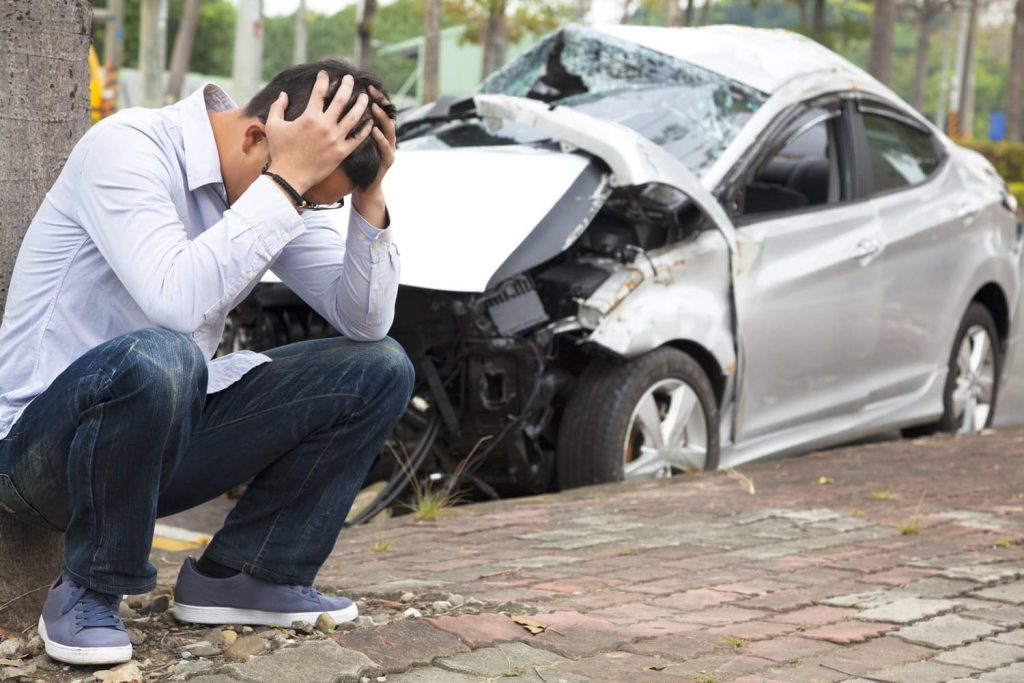
Source: vikingmotors.ca
Individuals are advised to stop even if the accident is a minor one. If the accident can cause a traffic hazard, you should pull your car over to a safe place, preferably a public one where people can see you and the other driver. If the accident occurs at a poorly lit spot, you should turn your car’s hazard lights or set up flares so that other road users can see you.
If the car is badly damaged and can’t move, get yourself and anyone else involved in the accident to a safe place. It is also essential to remain calm to make it easier to deal with the whole event and its aftermath.
Step 2: Check for Injuries
The well-being of individuals involved is far more important than the extent of the car damage. Thus, check yourself and any other individuals involved for injuries. If it appears that someone is hurt, call 911 for emergency services. If you are seriously injured, try not to move until help arrives.
Step 3: Call the Police

Source: mashable.com
Even if there are no injuries, it is always advisable to involve the police in the whole event. The biggest reason is simply that they know the entire process of dealing with the aftermath of a car crash. This ensures stability and calmness when trying to resolve any issues that may arrive. Also, you may want to file a claim with your insurance company. To do so, you need a verifiable police report regarding the accident.
The other reason the police can help is if you’re dealing with a case where something like drunk driving or road rage were involved. These situations can be extremely dangerous, and having them as witnesses can be beneficial. Even if you were the one drinking, it’s better to have them on hand from the start. The recorded information would help a criminal defense attorney like Takakjian & Sitkoff, LLP. defend your case over the he said/she said that can arise otherwise.
Step 4: Make an Accurate Record
Once the police arrive, make sure that you communicate with the investigating officers on precisely what happened. Do not speculate or guess any facts. Ensure that the other parties involved provide accurate information.
Step 5: Check for Damages to Both Vehicles
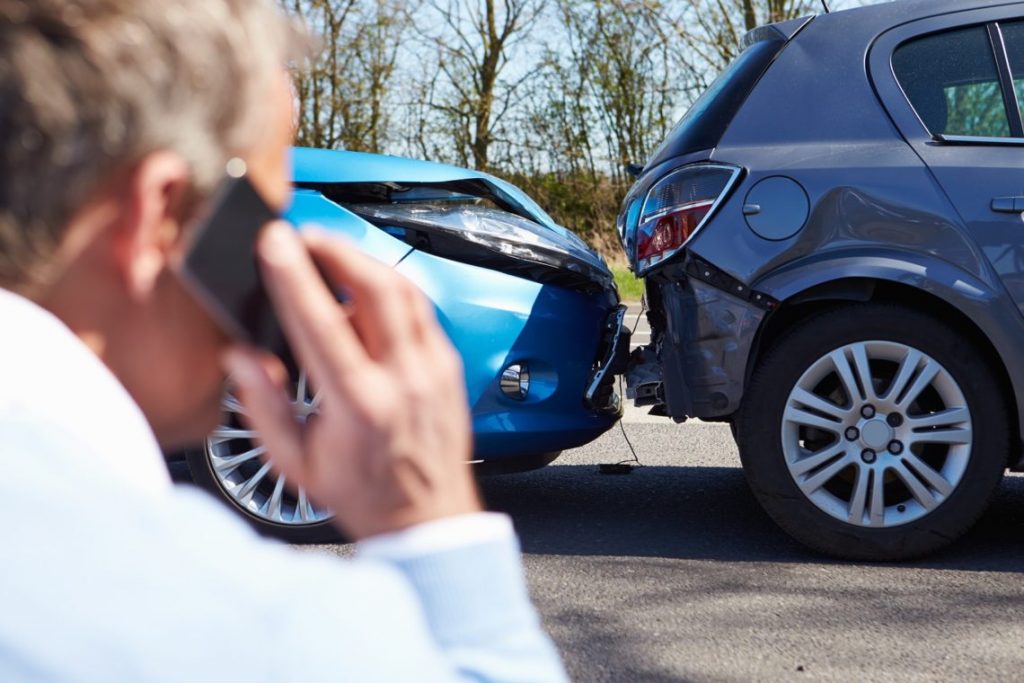
Source: ahlstromwright.ca
If there are no injuries, take time to assess the extent of damages for both cars. Try to take pictures immediately after the accident, especially if both cars haven’t yet been moved. Also, try to take accurate photos in multiple positions to determine what caused the event.
Step 6: Exchange Information With the Other Driver
Usually, the investigating officer is mandated to collect this information. However, should the police not respond to the accident, you should exchange personal details with the other driver. While state laws differ on what personal information should be collected, at a minimum, you need to exchange names, addresses, location of the accident, information of the motor vehicle, and insurance information. If there are witnesses, you should ask for their names, addresses, and contact information so that your lawyer can contact them in the future.
It is advisable not to discuss the faults when going over the facts with the parties involved. This could hinder the claiming process with your insurance. Thus, individuals are advised to consult their attorneys to expedite the process and ensure everything goes without hindrances.
Step 7: Report the Accident and Decide Whether to File an Insurance Claim
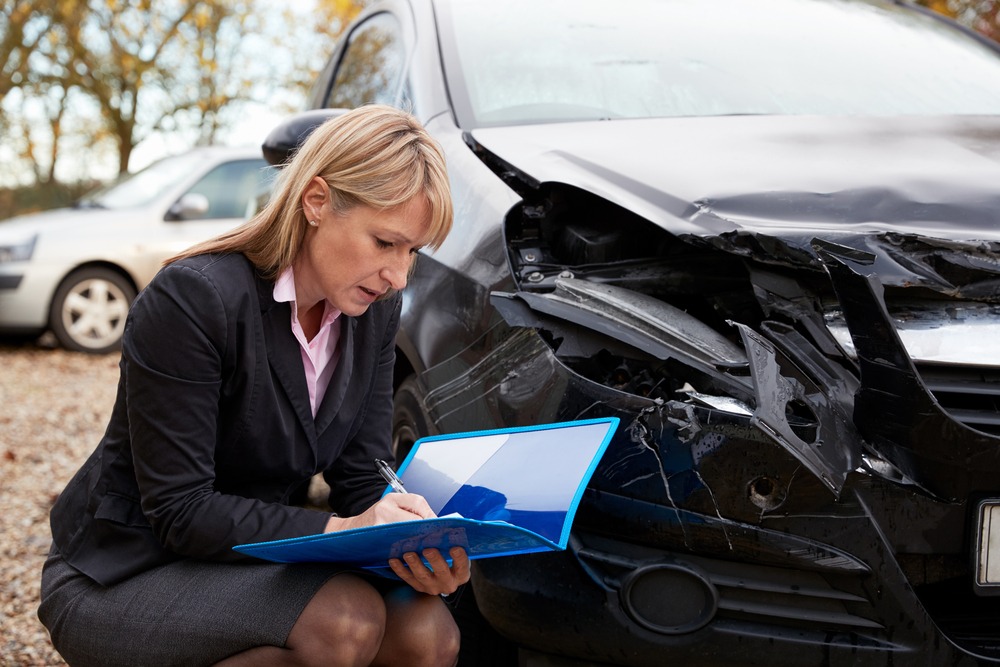
Source: anidjarlevine.com
It is essential to notify your insurance company immediately since other policies require immediate reporting and full cooperation. Motor vehicle insurance shields you financially if you are involved in an accident. Many states require individuals to have car insurance policies that cover bodily injuries and property damages. These covers are intended to reimburse the other parties or their passengers if you are at fault in an accident. Your insurance policy should cover car damages and medical bills.
Before filing a claim, it is crucial to determine the following:
- The type of insurance cover you have
- The extent of damage to each party’s car
- The extent of injuries
- The type and coverage that the other driver holds
Attorneys play a fundamental role in the filing of a claim with your insurance company. It is worth noting that insurance companies have teams of attorneys who begin to evaluate your claims immediately. Also, as your claim increases in value, the chances are that your insurance company will dig in to minimize the value of your claims significantly. If the extent of property damage or injuries is severe, it is essential to get your lawyers involved.
Additionally, some policies contain hidden laws that may be difficult to grasp. In such instances, contact attorneys for interpretation to expedite the compensation process.
Step 8: Keep All Files
It is essential to keep all accident-related files and documents together. In case you differ from your insurance’s final decision, these documents may prove significant during court proceedings.
While many events may arise after an accident, the most important thing is to consult your attorney. This ensures that your rights are protected and valuable evidence isn’t destroyed. In most cases, insurance companies want to take statements immediately after an accident. Thus, it would be best if you had legal advice before making any statements.
Car wrecks are jarring, both as they occur and in their aftermath. It can be overwhelming to deal with simply because people generally don’t experience them often. The best thing you can do is take a moment to calm your nerves, check on your own safety and the safety of everyone involved, and to call the police for help. From there, you’ll have the guidance you need to make better decisions.

